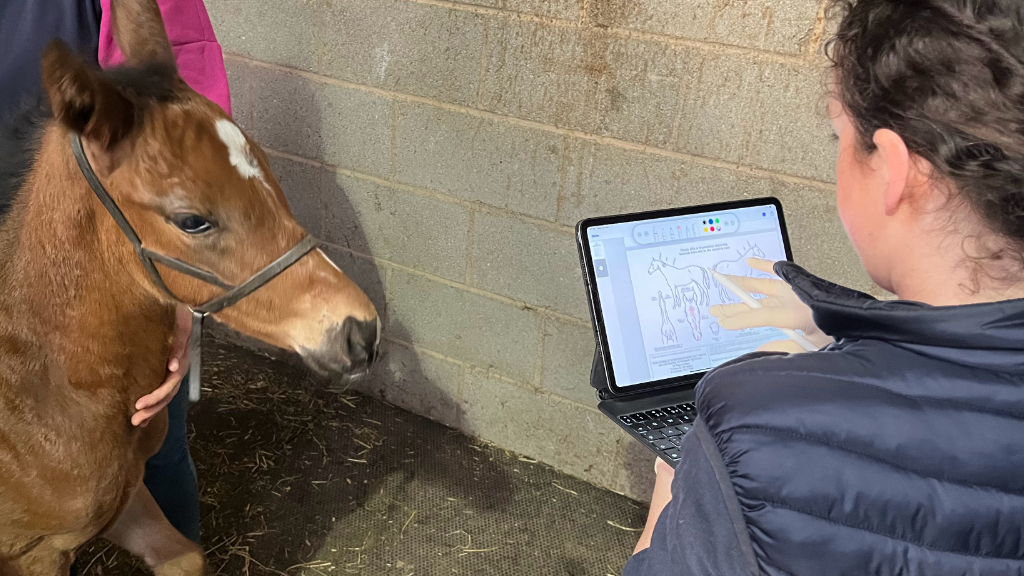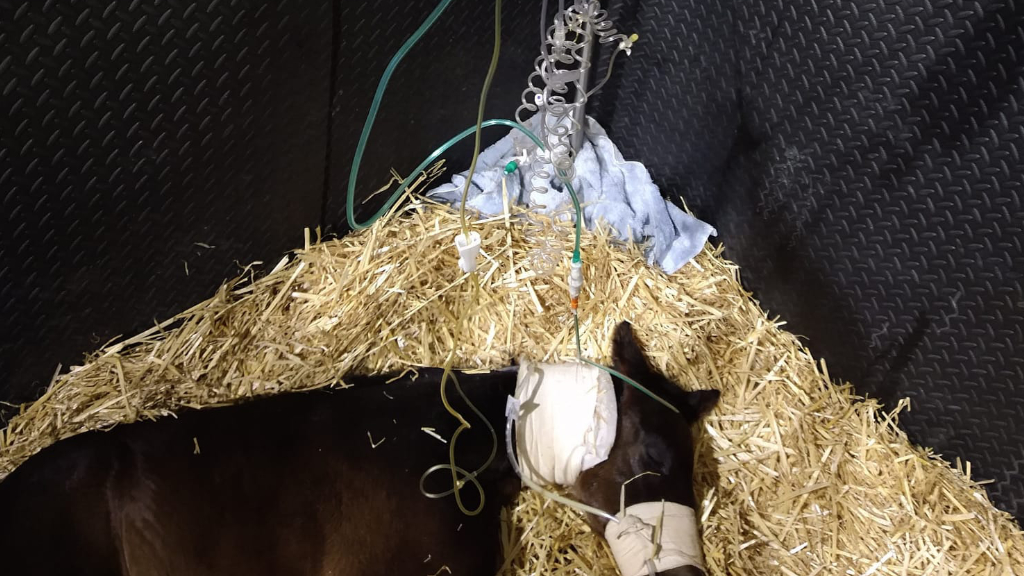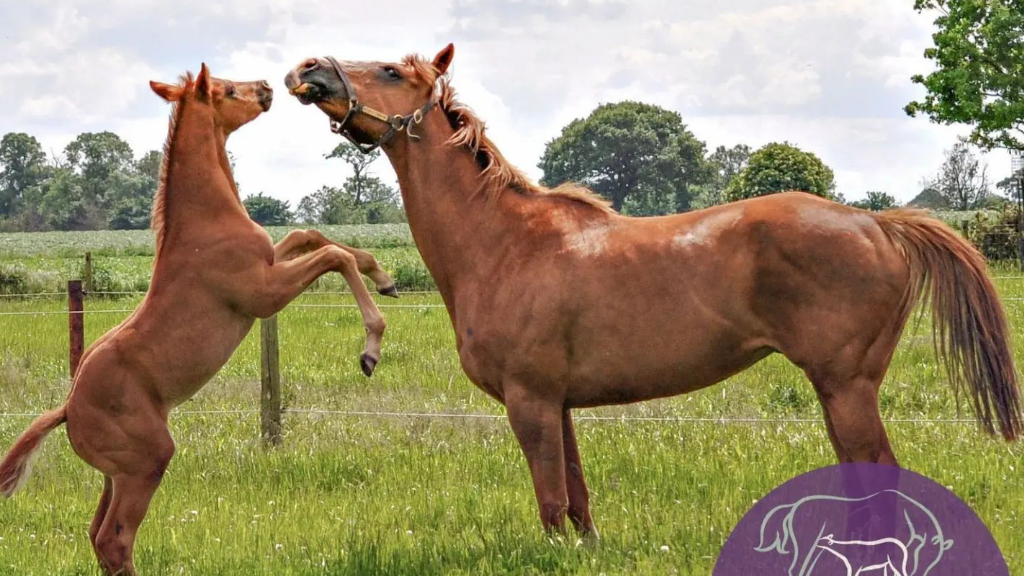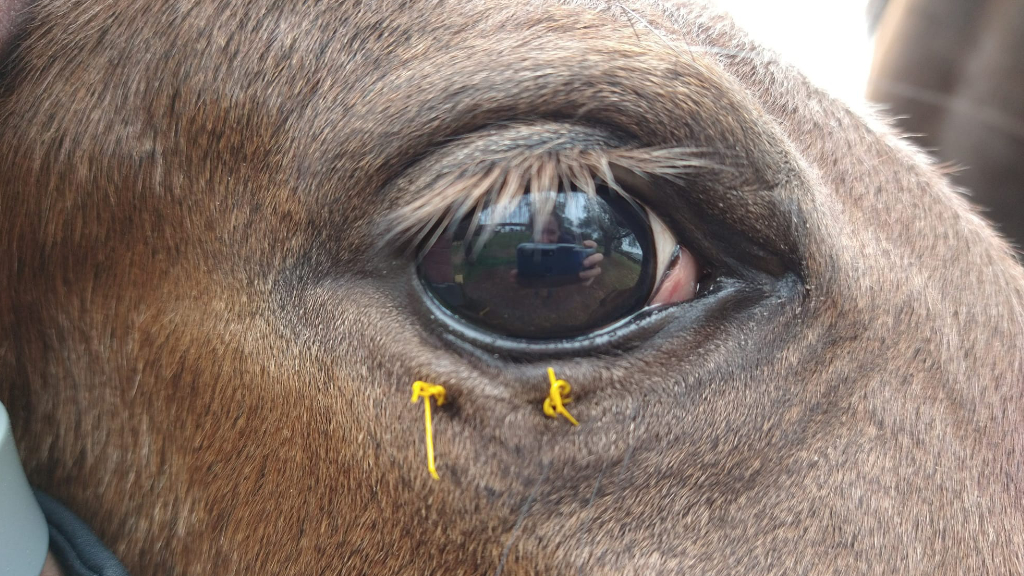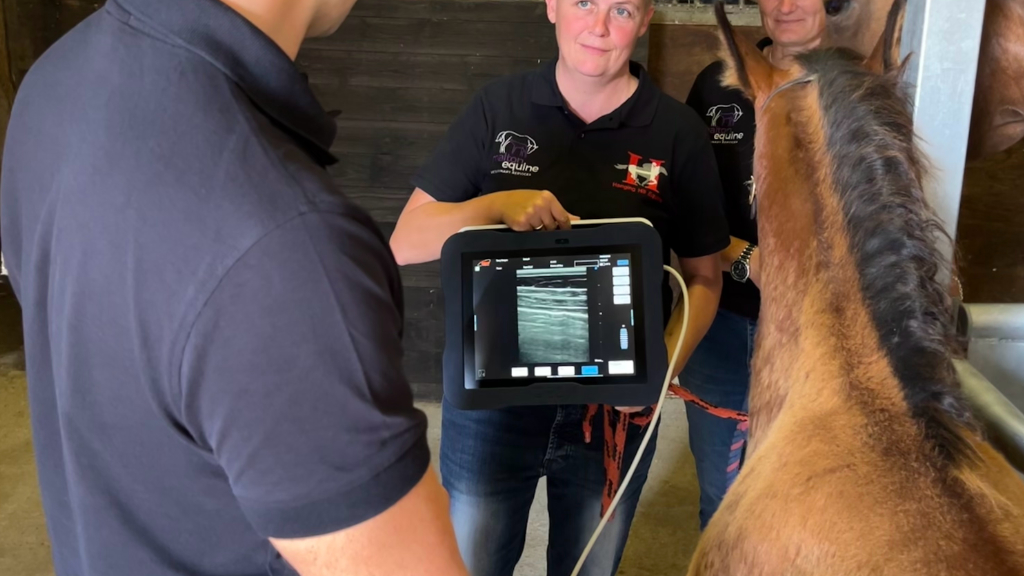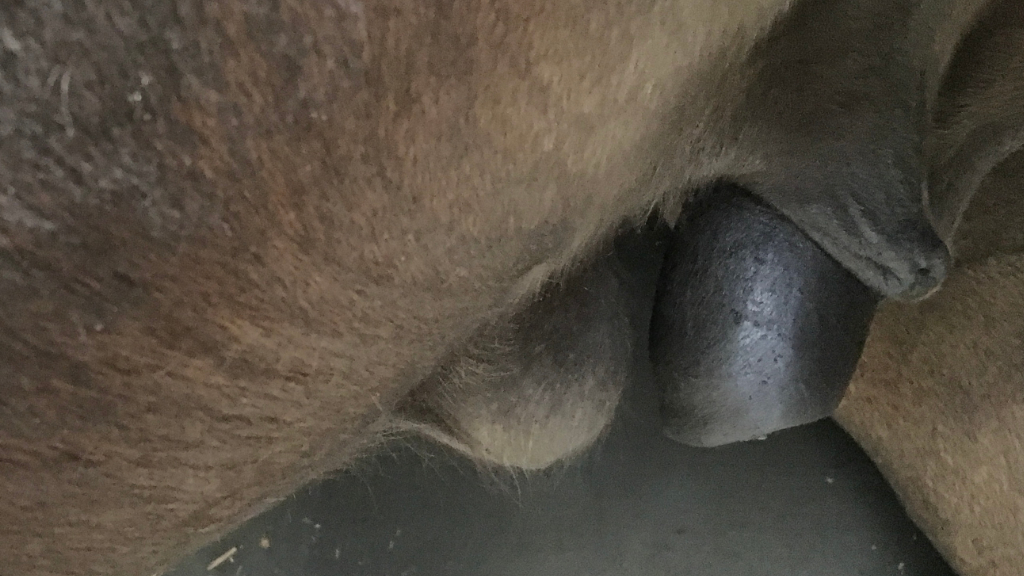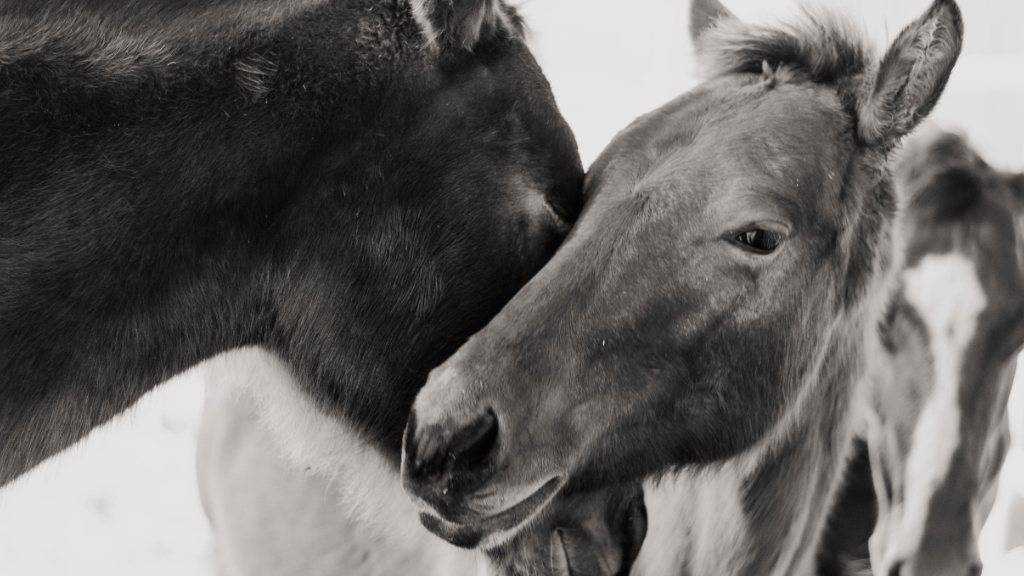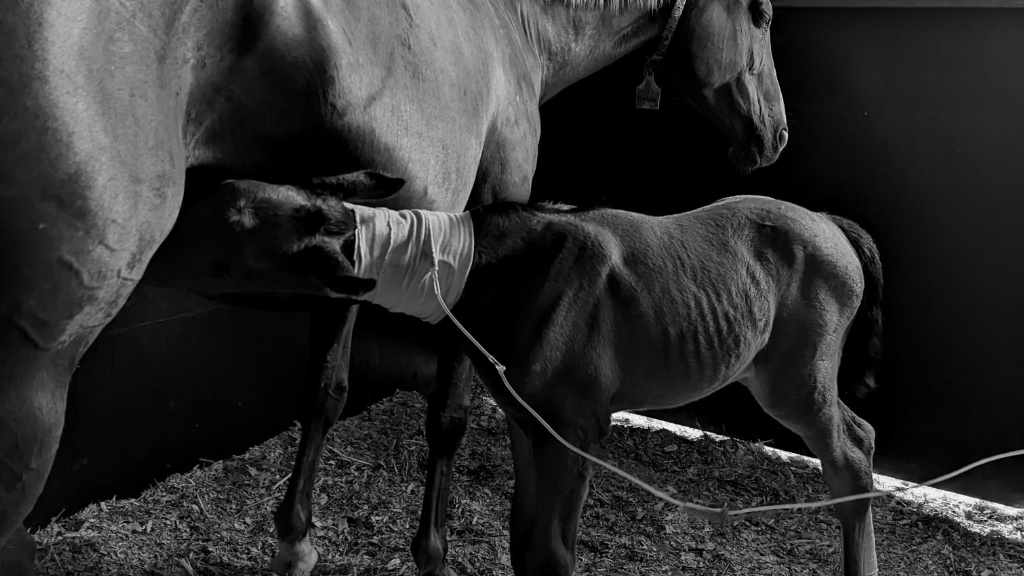Malton Equine Veterinary Services
Foal Medicine
Our equine veterinary team understands the significance of compliance with legal requirements and the specific demands of chosen registrations. We offer comprehensive support in the microchipping process and any associated identification protocols. Our goal is to facilitate a seamless and accurate identification process for your horse, ensuring adherence to legal mandates and meeting the specific requirements of your chosen registration authority.
Whether you are a seasoned equine professional or a passionate horse owner, our team is dedicated to guiding you through the intricacies of equine identification. We prioritize the welfare and compliance of your horses, and our commitment to excellence in identification protocols reflects our dedication to the responsible and accountable management of the equine community.
Emergency veterinary attention for your horse may be required at any time of the day or night. We provide veterinary care 24 hours a day, 365 days a year to registered clients.

